
Researcher & writer. Analysing the past, decoding the present. History, current affairs, geopolitics, & Pakistan. Politically charged commentary. Contributor.
4 subscribers
How to get URL link on X (Twitter) App


 2/10 Before January 2014, Khalifa bin Zayed operated within a specific geopolitical framework. He maintained alignment with Arab League consensus on the Palestinian question. He coordinated with Saudi Arabia on Gulf security strategy. He was described by US diplomats in leaked cables as cautious about overcommitting to American imperial ambitions, despite his general Western orientation. He was distant, low-key, traditional in his approach to regional politics. This was the operating logic of UAE leadership from 2004 to 2014. Then something changed.
2/10 Before January 2014, Khalifa bin Zayed operated within a specific geopolitical framework. He maintained alignment with Arab League consensus on the Palestinian question. He coordinated with Saudi Arabia on Gulf security strategy. He was described by US diplomats in leaked cables as cautious about overcommitting to American imperial ambitions, despite his general Western orientation. He was distant, low-key, traditional in his approach to regional politics. This was the operating logic of UAE leadership from 2004 to 2014. Then something changed.
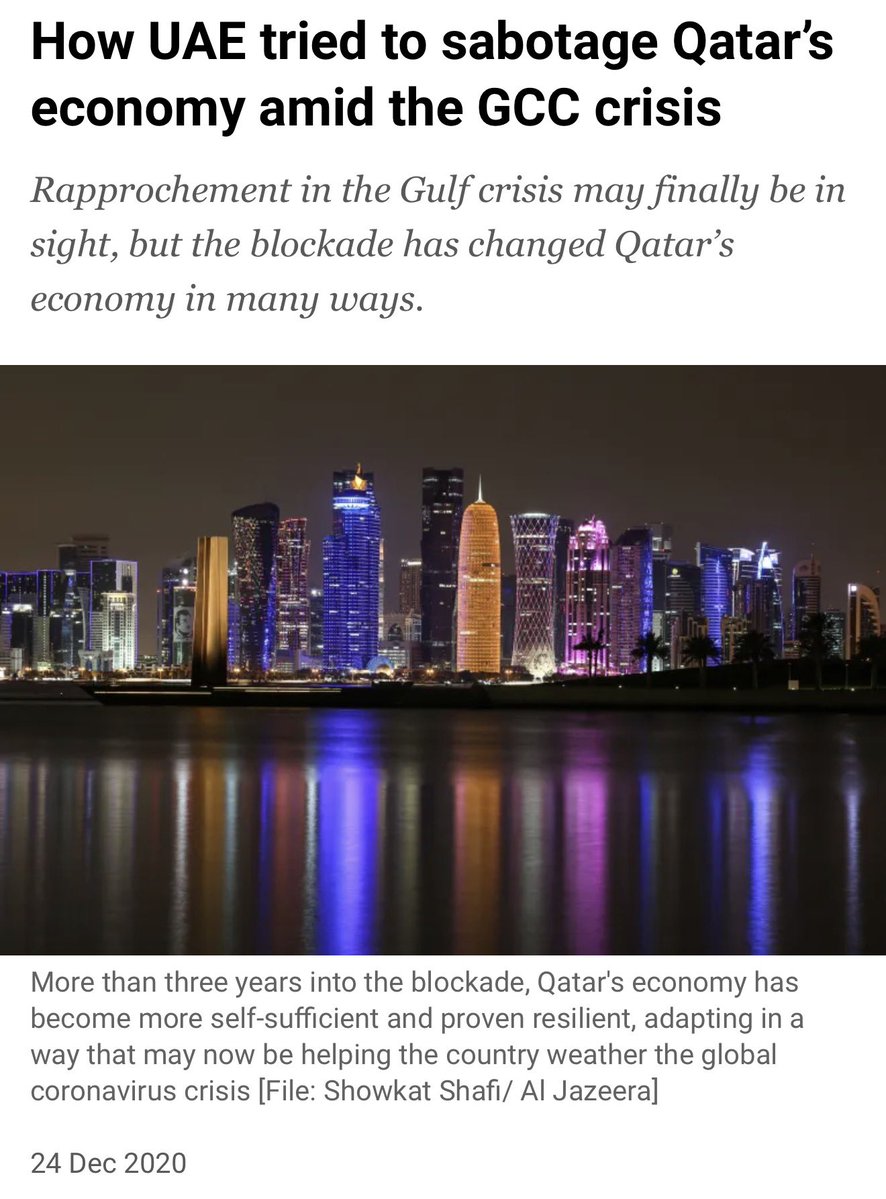

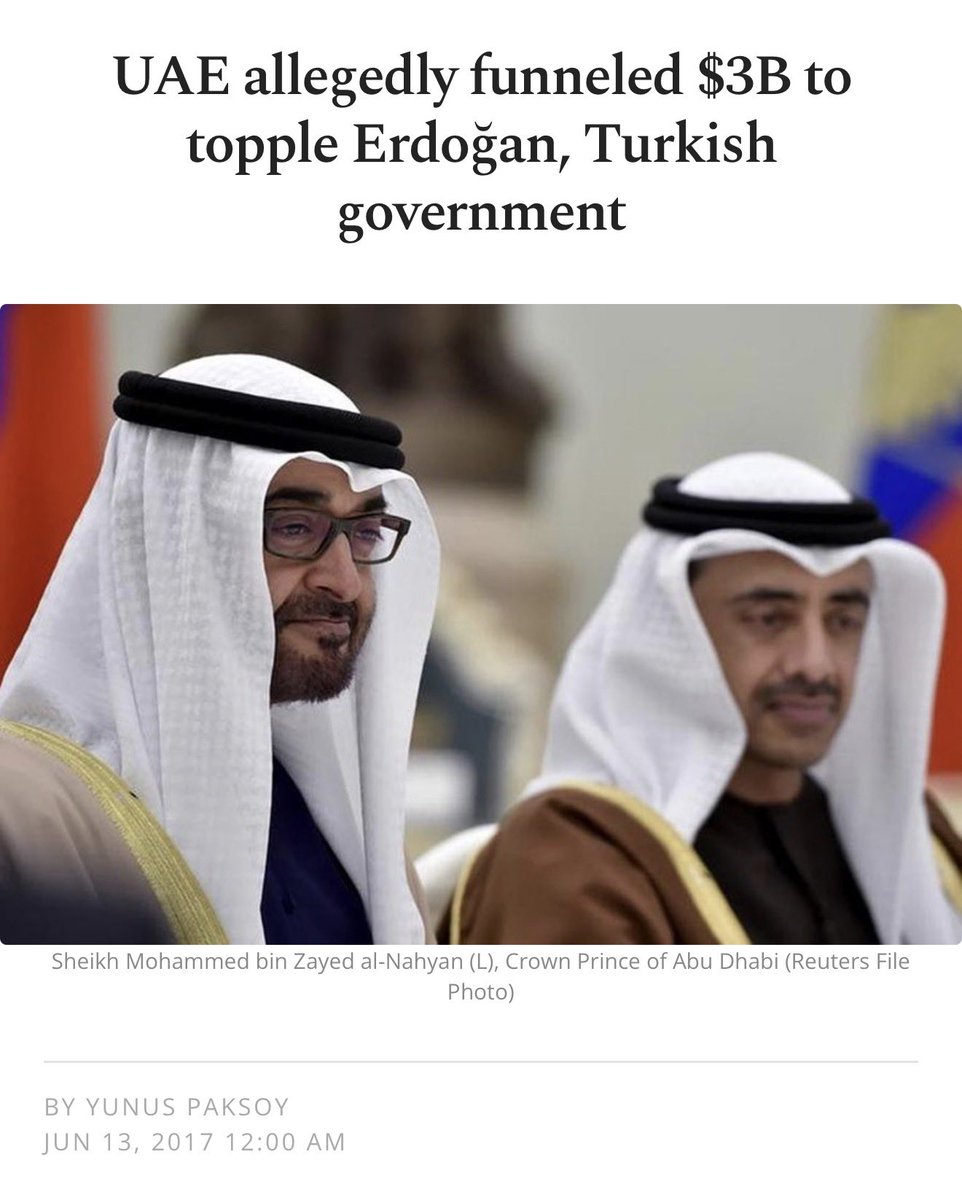 2/10 Iran’s rial crashed to record lows in December 2025, triggering bazaar strikes in Tehran that spread nationwide. The economic collapse stems from sanctions, war reconstruction costs, and failed policies, but questions about external acceleration persist.
2/10 Iran’s rial crashed to record lows in December 2025, triggering bazaar strikes in Tehran that spread nationwide. The economic collapse stems from sanctions, war reconstruction costs, and failed policies, but questions about external acceleration persist. 
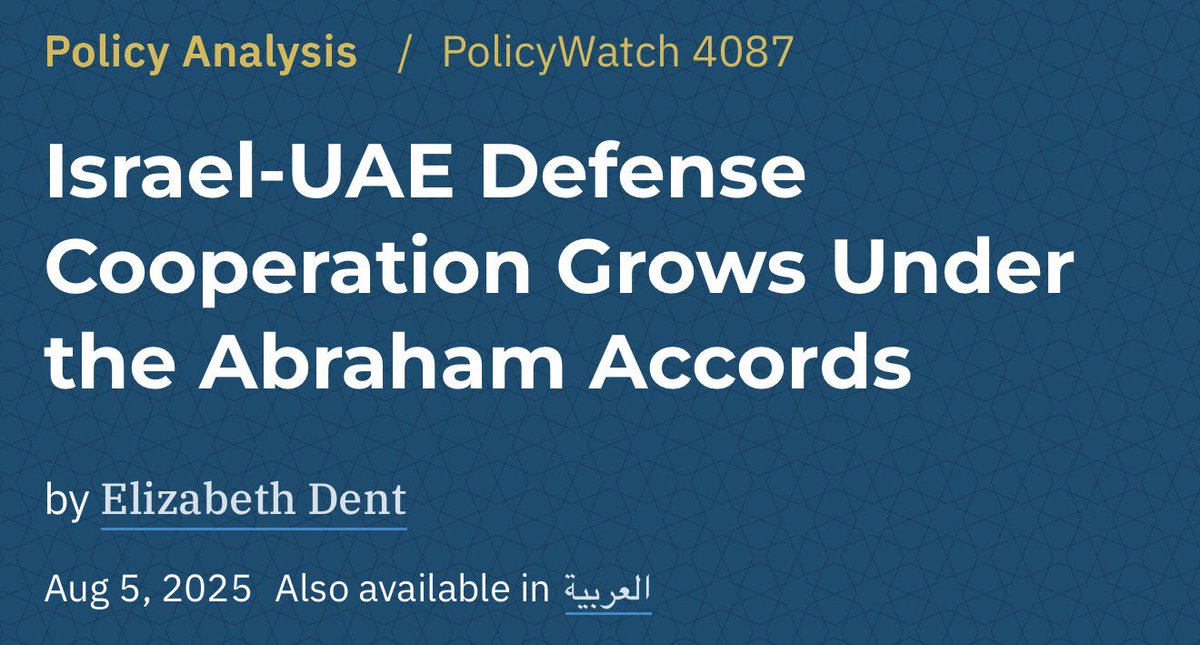
 2/16 Pakistan’s internal drama eventually sat right inside this regional script. Imran Khan was removed from office in April 2022 and, over the months that followed, pushed from political leader into criminal defendant and finally into prisoner. His trials were dressed in legal language, but his detention is illegal in the eyes of international law: in mid‑2024, the UN Working Group on Arbitrary Detention formally declared that his imprisonment is arbitrary, violates Pakistan’s obligations and that he should be released immediately with a right to compensation.
2/16 Pakistan’s internal drama eventually sat right inside this regional script. Imran Khan was removed from office in April 2022 and, over the months that followed, pushed from political leader into criminal defendant and finally into prisoner. His trials were dressed in legal language, but his detention is illegal in the eyes of international law: in mid‑2024, the UN Working Group on Arbitrary Detention formally declared that his imprisonment is arbitrary, violates Pakistan’s obligations and that he should be released immediately with a right to compensation.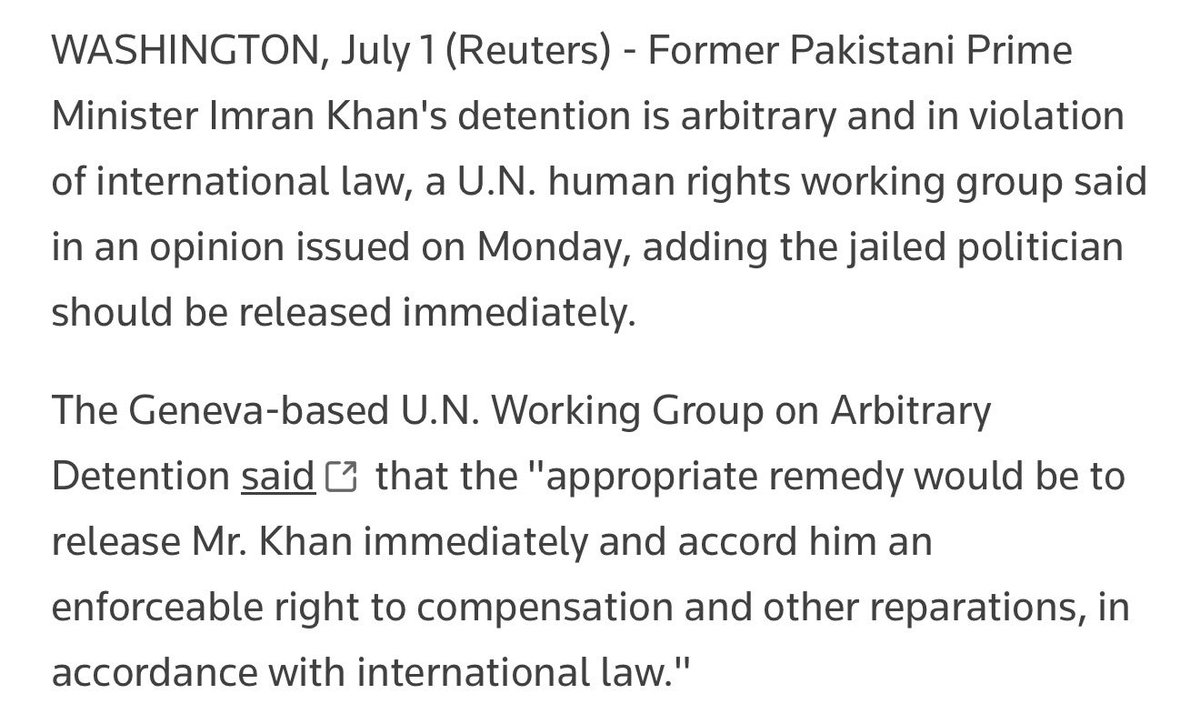


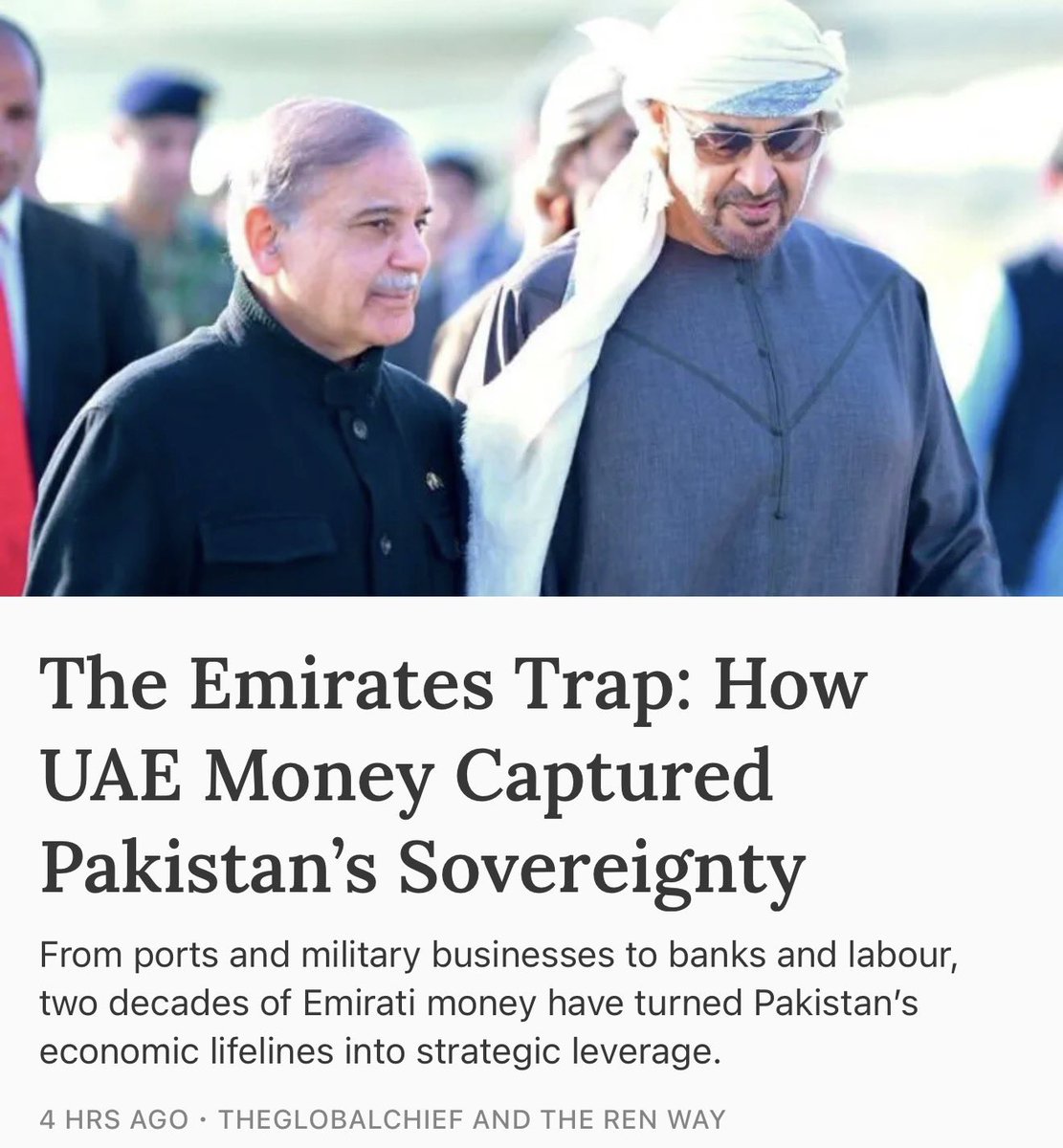

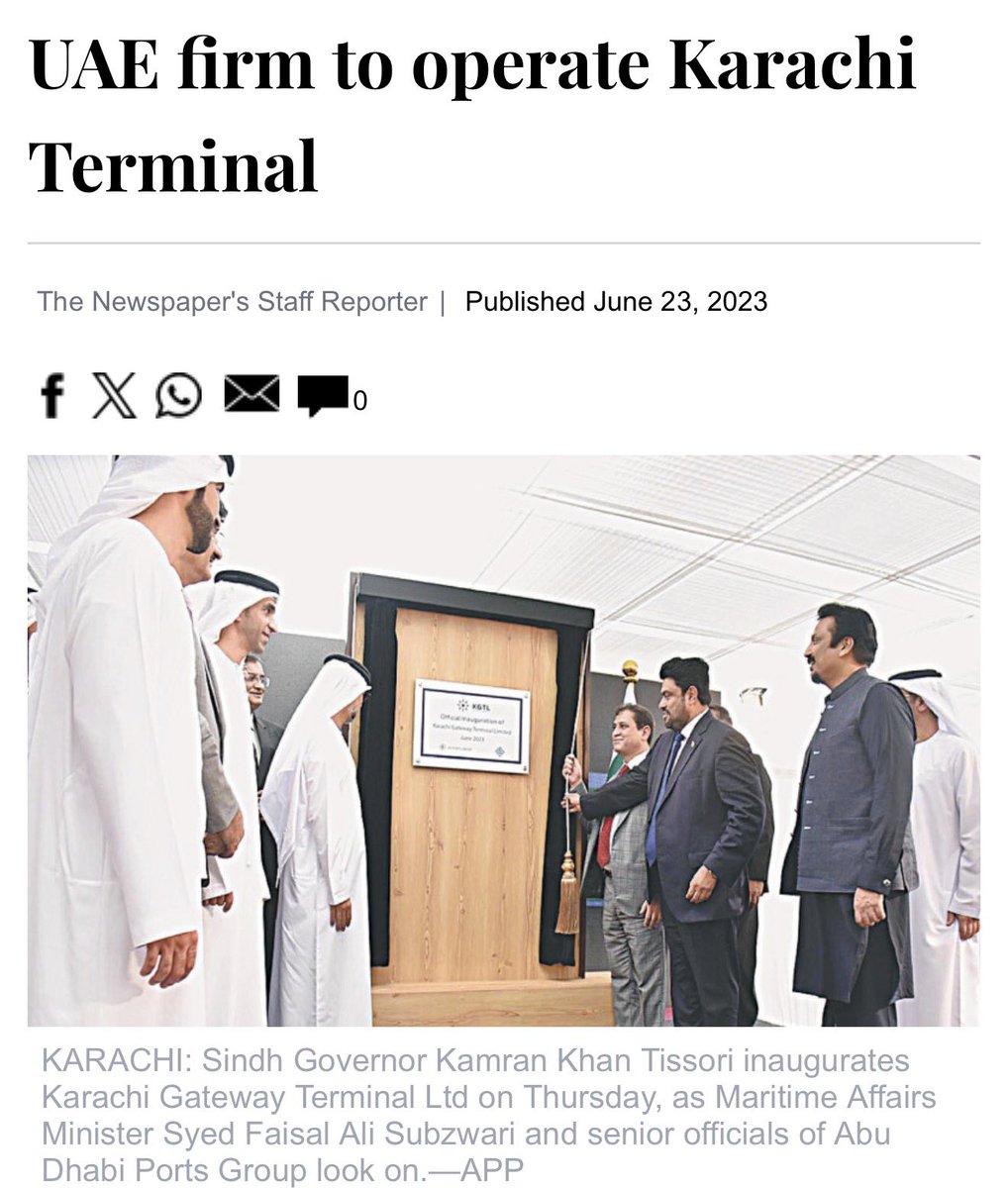 2/25 Phase 1 (2005–2008) looked like normal FDI:
2/25 Phase 1 (2005–2008) looked like normal FDI: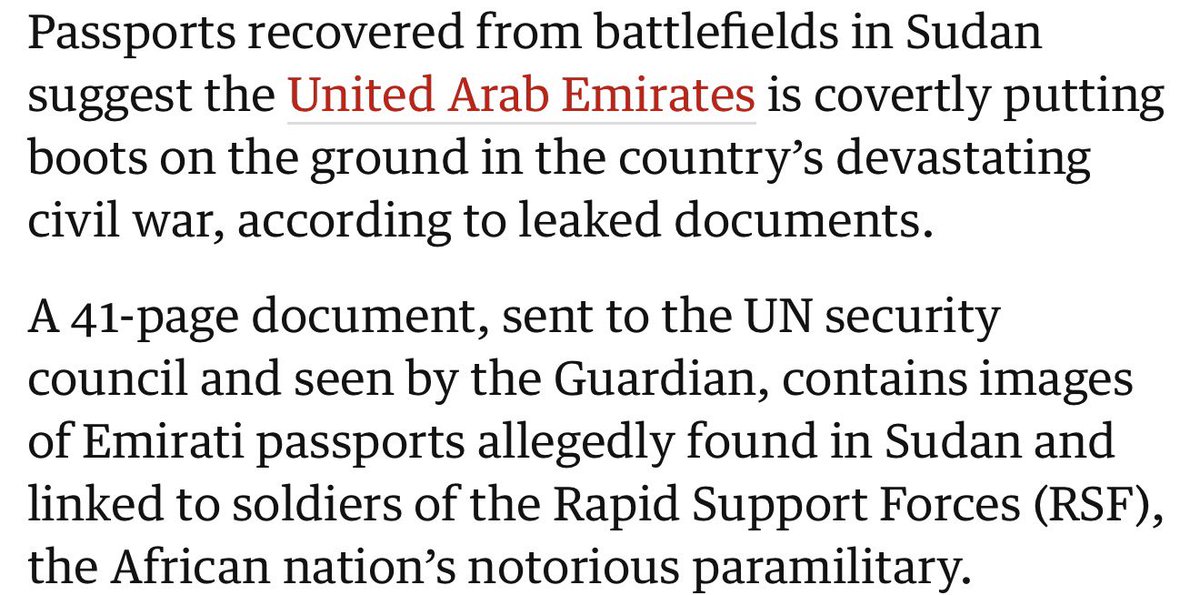

 2/13 The RSF systematically describes Sudan’s regular army as “operating under the terrorist Islamic Movement” in all official statements. Every massacre becomes a counterterrorism operation. Every ethnic cleansing gets rebranded as striking “Islamist extremists.”
2/13 The RSF systematically describes Sudan’s regular army as “operating under the terrorist Islamic Movement” in all official statements. Every massacre becomes a counterterrorism operation. Every ethnic cleansing gets rebranded as striking “Islamist extremists.”
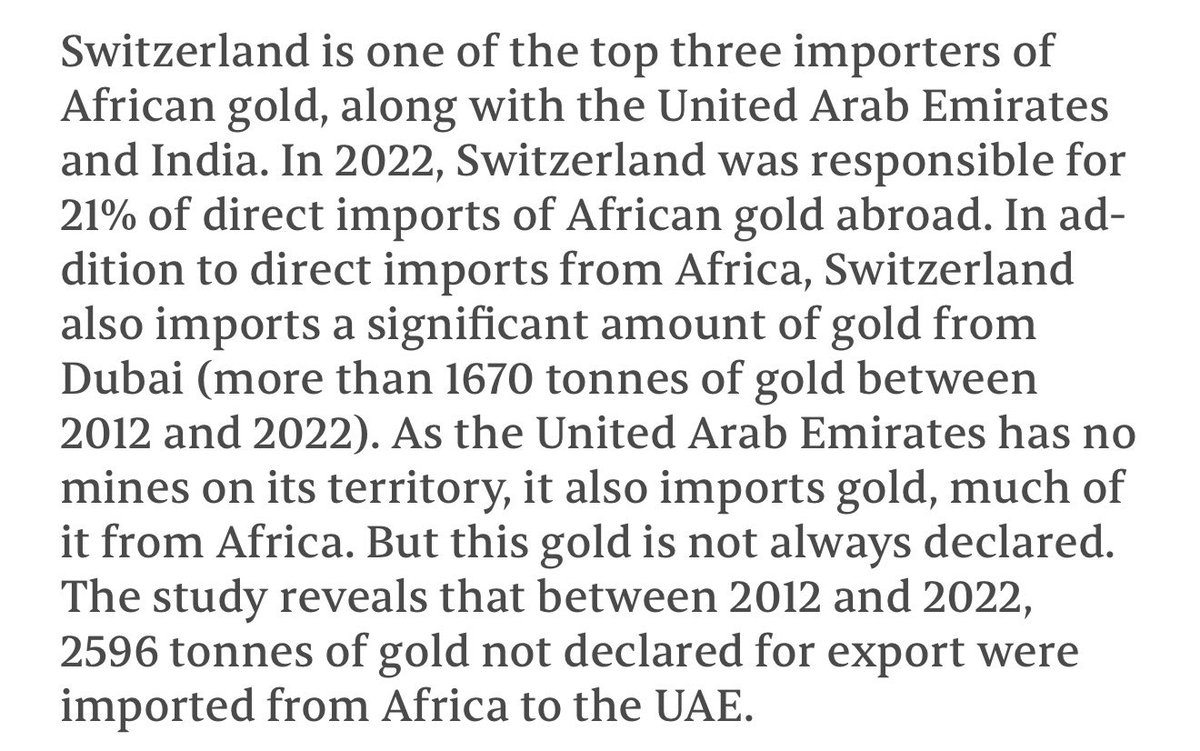

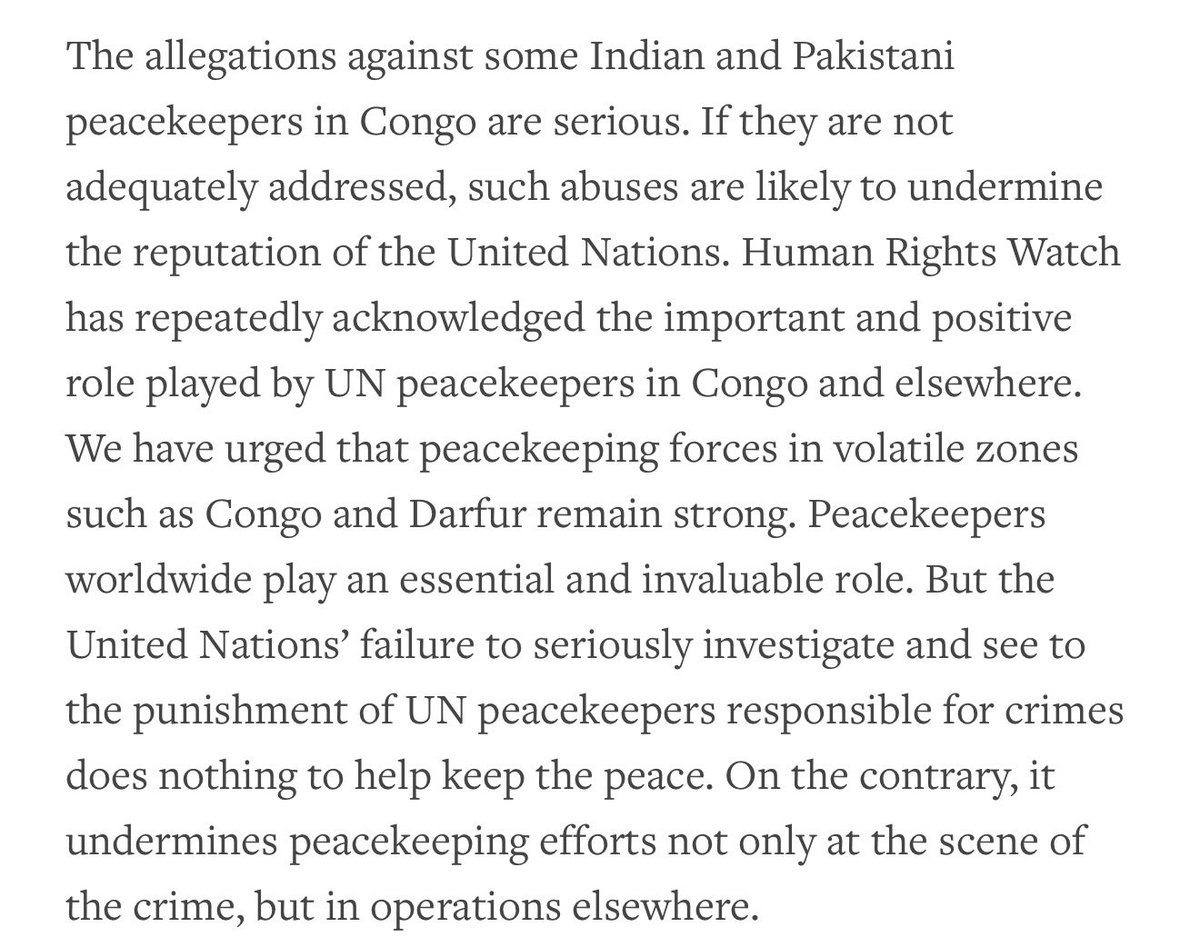
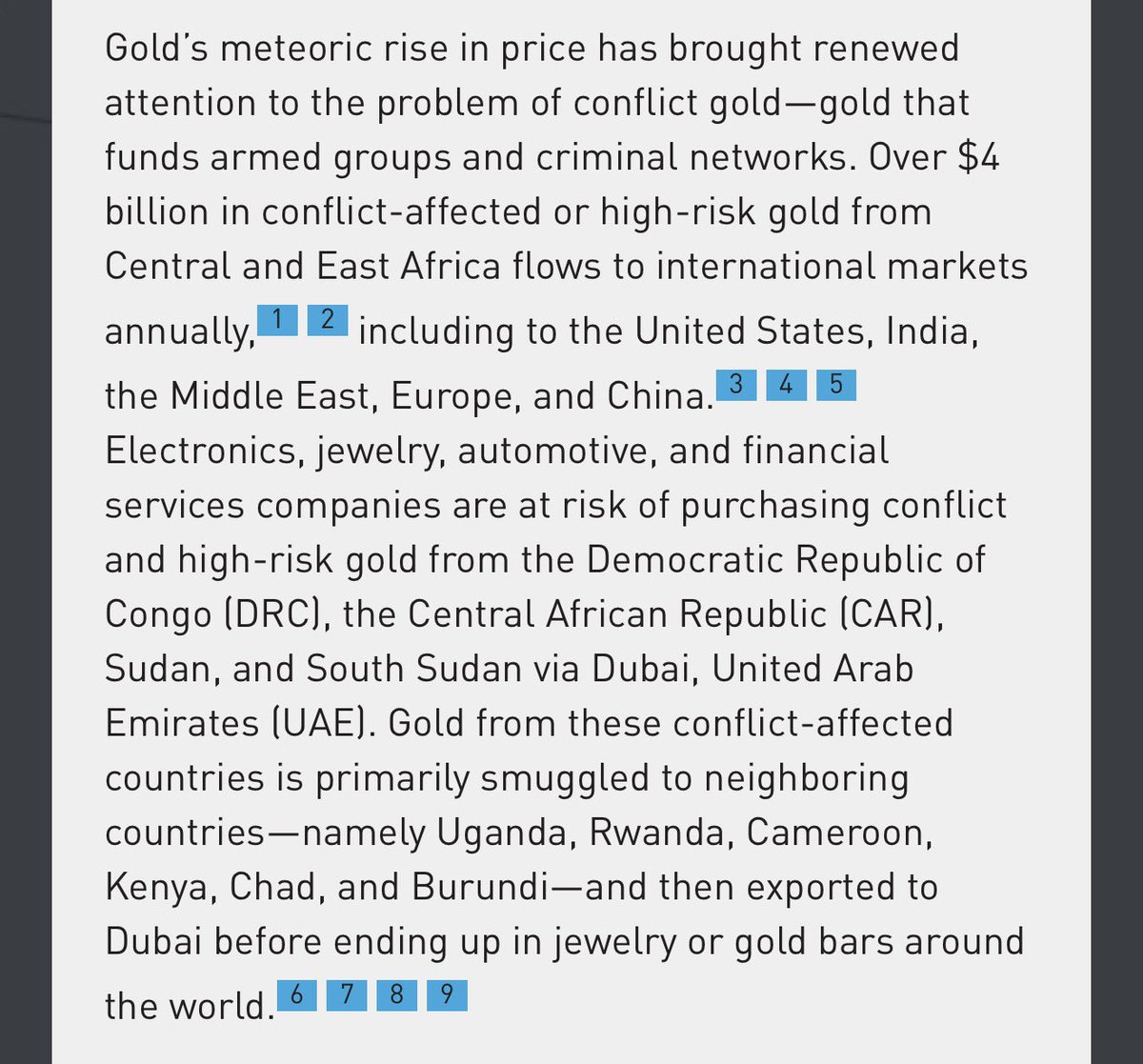
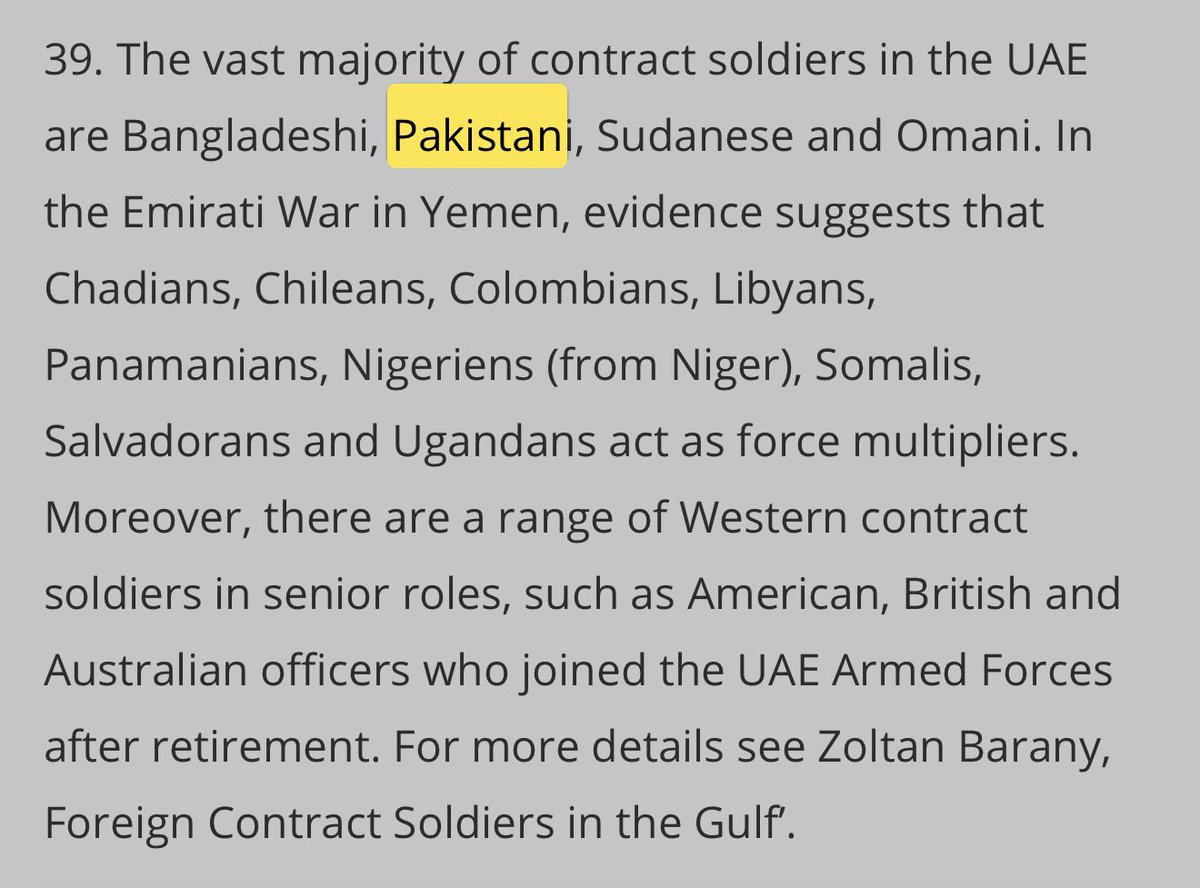 2/16 The gold from Mongbwalu had a destination: Dubai. Between 2012-2022, the UAE received 2,500 tonnes of smuggled African gold worth $115 billion. But the infrastructure was established years earlier, in places like Mongbwalu, where Pakistani troops wore blue helmets and facilitated networks that would feed Dubai’s refineries for decades.
2/16 The gold from Mongbwalu had a destination: Dubai. Between 2012-2022, the UAE received 2,500 tonnes of smuggled African gold worth $115 billion. But the infrastructure was established years earlier, in places like Mongbwalu, where Pakistani troops wore blue helmets and facilitated networks that would feed Dubai’s refineries for decades.
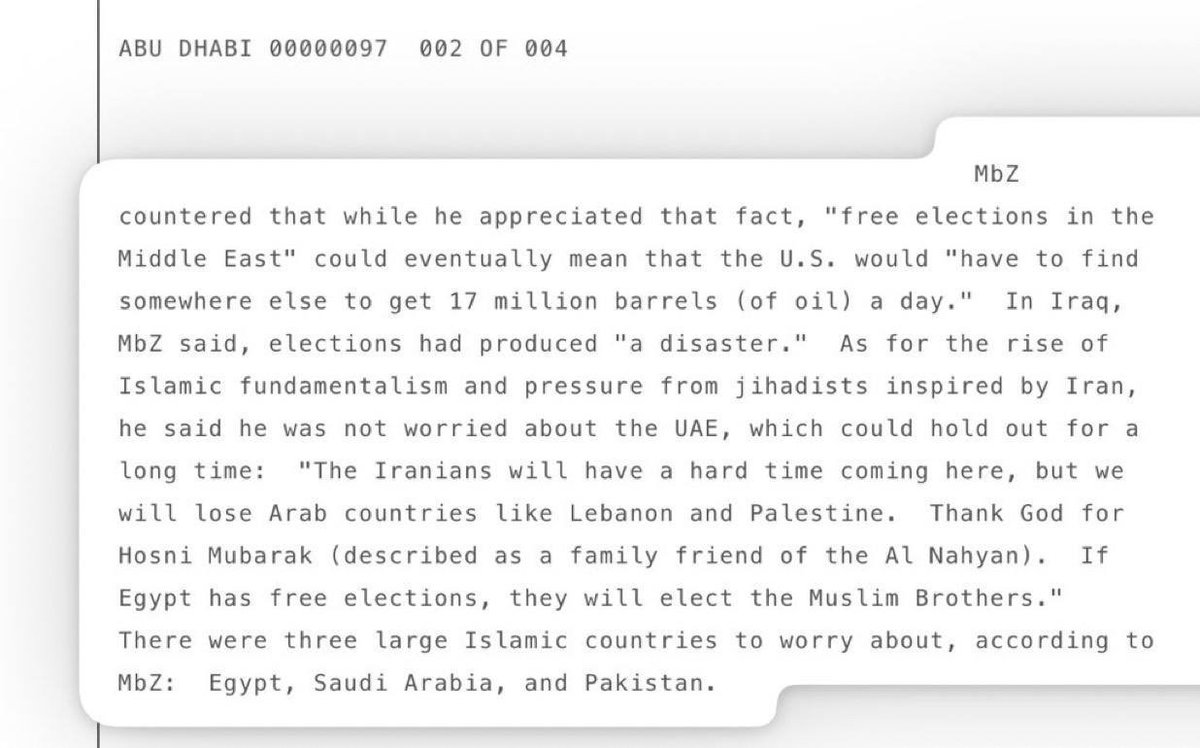
 2/21 Imran Khan came to power in 2018 and immediately became the embodiment of everything that 2007 cable warned against. He wasn’t subtle about it either. Muslim unity summits in Kuala Lumpur. Adamant refusal to normalise with Israel despite intense pressure from Riyadh and Abu Dhabi. Saying “absolutely not” to American requests for military bases. Staying neutral on Ukraine when the West demanded alignment. Speaking forcefully about Kashmir and Palestine when silence would have been more profitable. He represented Muslim self-determination not as theory but as lived policy. By April 2022, he was gone, removed through a no-confidence vote that had the army’s fingerprints all over it. Shahbaz Sharif took his place, a man whose family the Saudis had sheltered for seven years when they needed refuge. The obstacle had been removed.
2/21 Imran Khan came to power in 2018 and immediately became the embodiment of everything that 2007 cable warned against. He wasn’t subtle about it either. Muslim unity summits in Kuala Lumpur. Adamant refusal to normalise with Israel despite intense pressure from Riyadh and Abu Dhabi. Saying “absolutely not” to American requests for military bases. Staying neutral on Ukraine when the West demanded alignment. Speaking forcefully about Kashmir and Palestine when silence would have been more profitable. He represented Muslim self-determination not as theory but as lived policy. By April 2022, he was gone, removed through a no-confidence vote that had the army’s fingerprints all over it. Shahbaz Sharif took his place, a man whose family the Saudis had sheltered for seven years when they needed refuge. The obstacle had been removed.
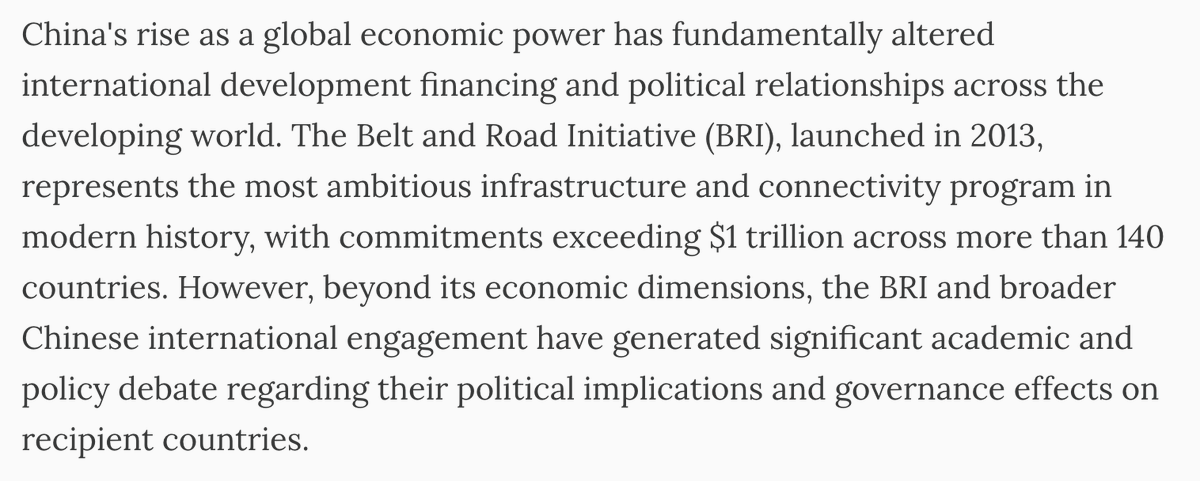
 1/25 Research on China's international influence demonstrates systematic elite capture across developing nations through corruption networks and strategic dependencies. Analysis of China's engagement in Sri Lanka, Malaysia, Cambodia, Pakistan, Kenya, Laos, and Djibouti reveals a calculated pattern where China targets corrupt elites, facilitates their enrichment, then leverages these relationships to secure strategic assets and political control.
1/25 Research on China's international influence demonstrates systematic elite capture across developing nations through corruption networks and strategic dependencies. Analysis of China's engagement in Sri Lanka, Malaysia, Cambodia, Pakistan, Kenya, Laos, and Djibouti reveals a calculated pattern where China targets corrupt elites, facilitates their enrichment, then leverages these relationships to secure strategic assets and political control.
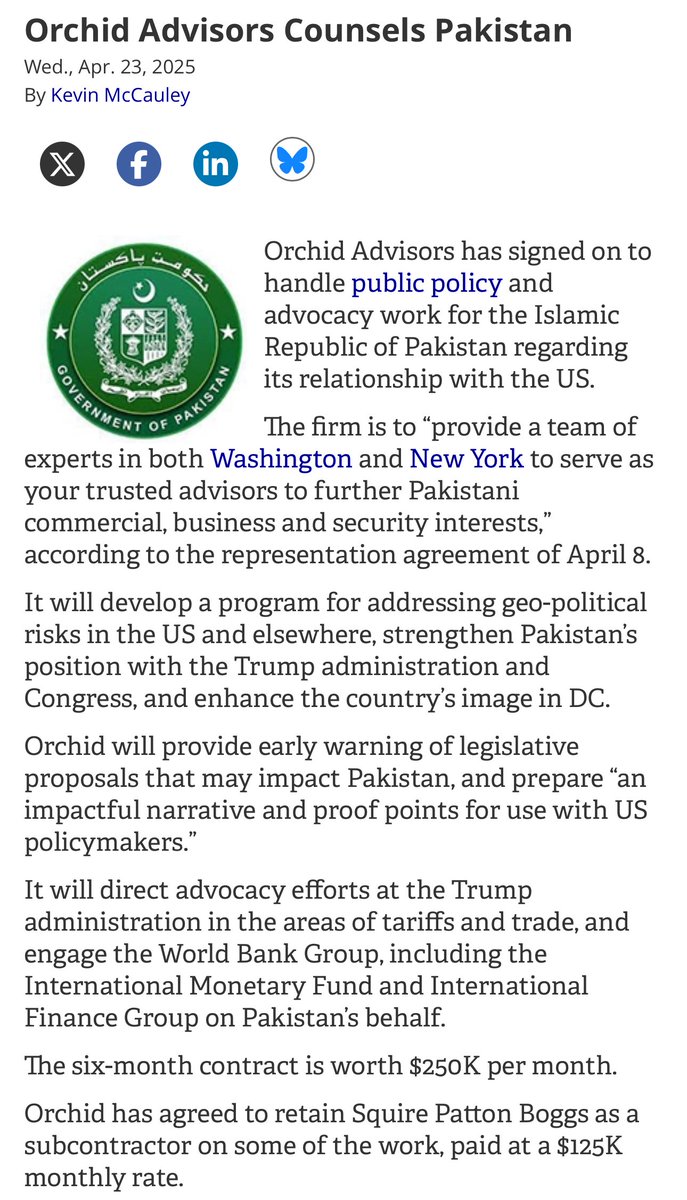


 2/ Moore’s moral bankruptcy was evident. At Liberty University, leaked emails show him scheming to create fake positions to funnel money to a trustee facing child abuse allegations. When offered payment, he declined publicly but privately told Falwell: “I intend on putting it on your LU bill retroactively.”
2/ Moore’s moral bankruptcy was evident. At Liberty University, leaked emails show him scheming to create fake positions to funnel money to a trustee facing child abuse allegations. When offered payment, he declined publicly but privately told Falwell: “I intend on putting it on your LU bill retroactively.”